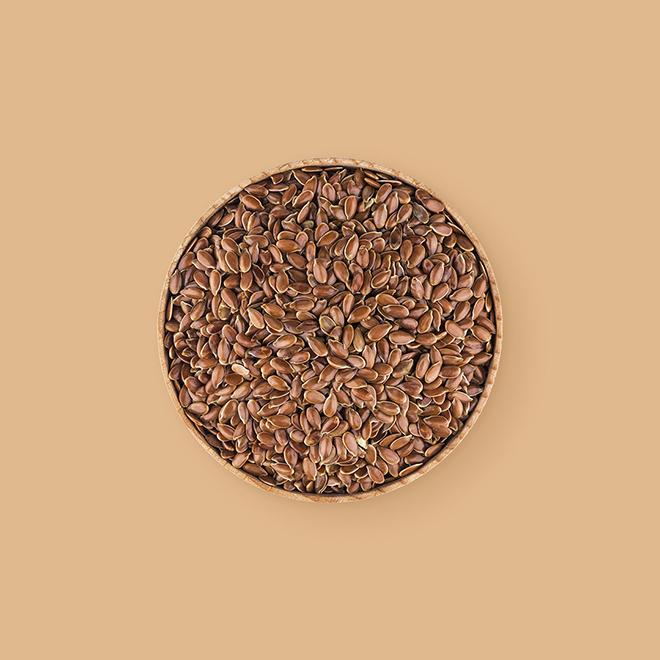Flaxseeds




Flaxseeds, small but mighty, are nutrient-rich seeds derived from the flax plant. Renowned for their health benefits, flaxseeds are a powerhouse of omega-3 fatty acids, fiber, and lignans. Available in brown and golden varieties, these tiny seeds boast a subtle nutty flavor.
Commonly ground or used in oil form, flaxseeds are versatile and find their way into various recipes, from smoothies and baked goods to salads and yogurt. Beyond their nutritional value, flaxseeds contribute a pleasant texture and a hint of earthiness to dishes, making them a popular choice for those seeking to boost the nutritional content of their meals.
Store flaxseeds in an airtight container in the refrigerator or a cool, dark place to prevent them from going rancid due to their high oil content.
Leftover ground flaxseeds can be added to batters, doughs, or used in granola mixes for added nutritional value.
The gel-forming property of flaxseeds is attributed to mucilage, a soluble fiber that aids digestion.
The alpha-linolenic acid (ALA) in flaxseeds is a plant-based omega-3 fatty acid that has anti-inflammatory properties.
Ground flaxseeds can serve as an egg substitute in recipes due to their gel-like consistency when mixed with water.
Grind flaxseeds before use to enhance nutrient absorption, as whole seeds may pass through the digestive system undigested.
Incorporate ground flaxseeds into smoothies, cereals, or as an egg substitute in baking for a nutritional boost.
Add a sprinkle of flaxseeds to salads, yogurt, or oatmeal for extra texture and a nutty flavor.
Flaxseeds are rich in omega-3 fatty acids, fiber, and lignans, offering potential cardiovascular and digestive health benefits.
Excessive consumption may lead to digestive discomfort in some individuals.
Corrections or improvements? Email us at
content@sidechef.com